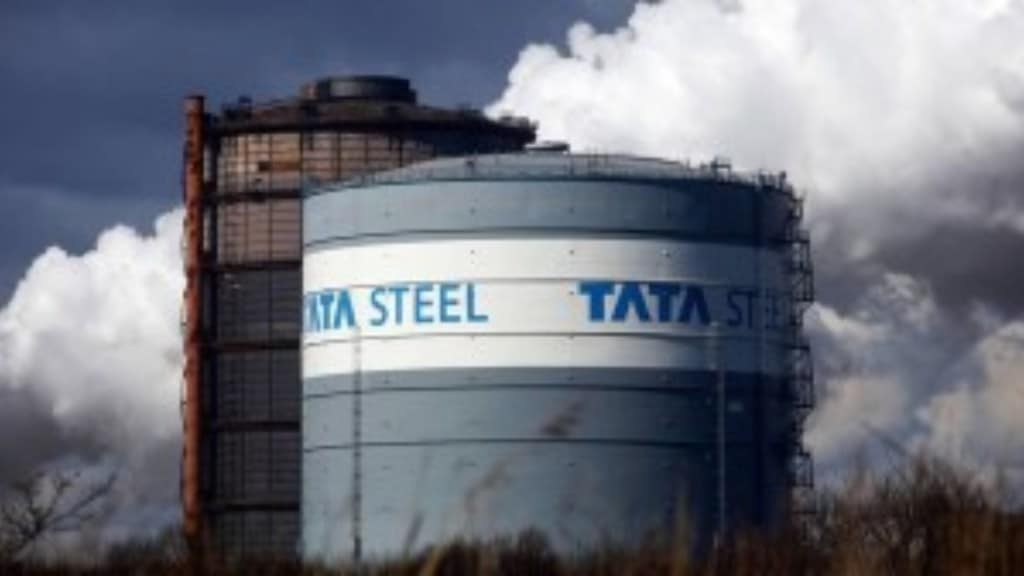Tata Steel will shut down the coke oven operations at its facility at Port Talbot in the UK, following a decline in operational stability and as part of its restructuring exercise.
The company will increase imports of coke to offset the impact of the closures, it said in a statement on Monday. Tata Steel had previously said many of its heavy-end assets in Port Talbot are at their end-of-life capability.
The company is at an advanced stage of consultations with trade unions in the UK on its proposal for the planned restructuring involving closure of the iron and steelmaking assets at Port Talbot. The firm is transitioning to sustainable low-carbon-dioxide steelmaking involving a £1.25-billion investment in electric arc furnace (EAF) technology in Port Talbot, apart from asset upgrades.
In January, Tata Steel announced plans to close two blast furnaces and coke ovens at the Wales facility, a move that could result in potential 2,800 job losses. Of the total, about 2,500 roles would be impacted in the next 18 months.
Another 300 roles could be impacted in three years following a potential consolidation and rationalisation of cold rolling assets in Llanwern.
The proposal is part of the plan to transform and restructure the company’s UK business, which also includes closure of the continuous annealing processing line in March 2025. Tata Steel UK is also aiming to reduce its CO2 emissions by 5 million tonne per year and overall emissions in the UK by about 1.5%.
The transformation would secure most of Tata Steel UK’s existing product capability and maintain the country’s self-sufficiency in steelmaking, it had added.
Tata Steel and the UK and Welsh governments have established a transition board to support potentially affected employees, with £100 million funding for short-term support and long-term economic regeneration.
In September 2023, Tata Steel had entered into an agreement with the UK government to convert its coal-based steel-manufacturing at Port Talbot into EAF, entailing a total investment of £1.25 billion. While the UK government has offered
£500 million, the Indian company would invest about £700 million from its internal accruals over the next four years.
